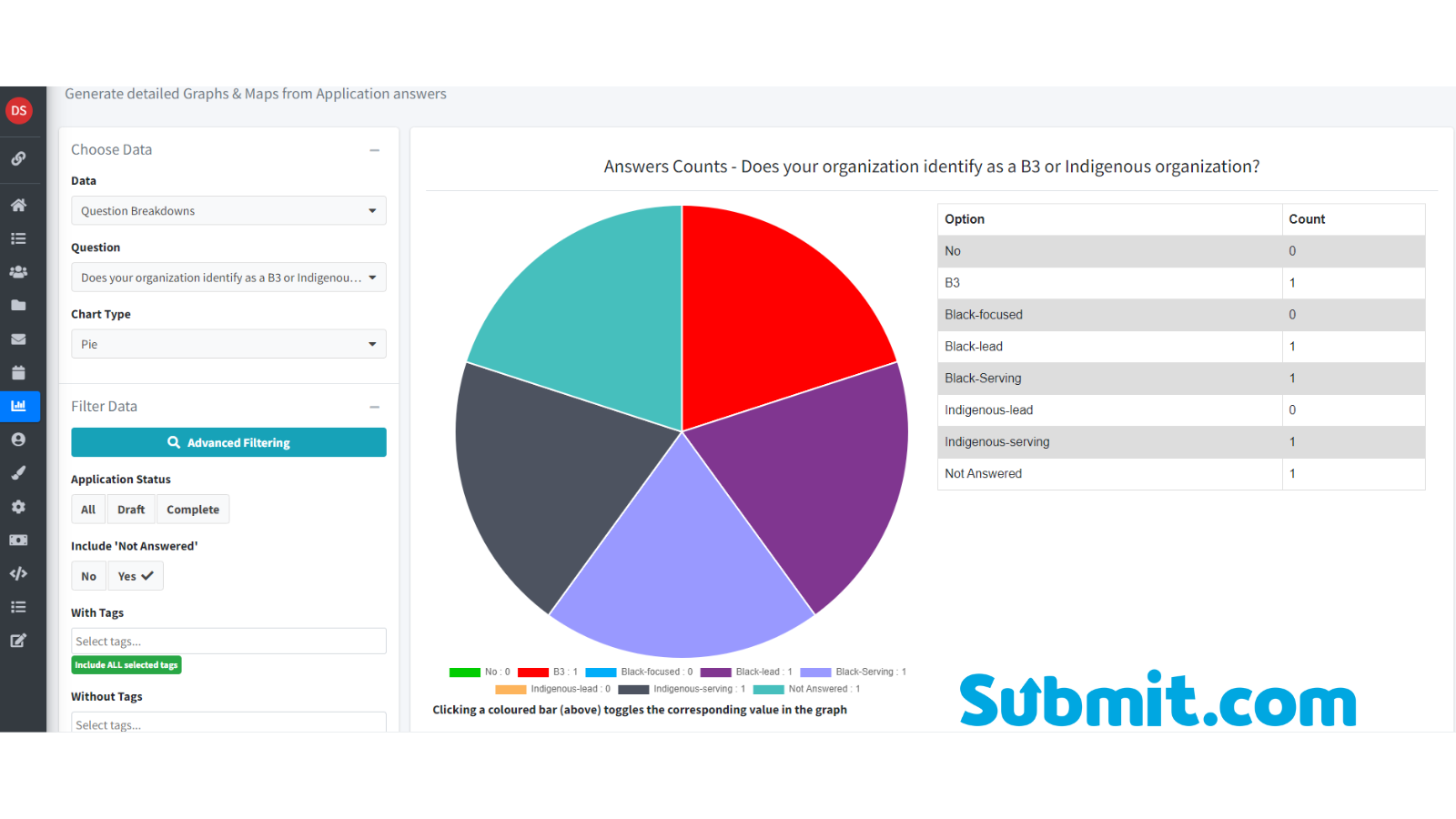The common goal of any funder is that organisations awarded with the grant do what they proposed, within the required budget, and generate some positive press in return.
And while the world of philanthropy doesn’t always go according to plan, there are a few ways grant managers themselves slip up in the process.
For the most part, those little mistakes can be easily remedied and not much harm be done.
But every now and then, funders make judgement errors significant enough that it could cost them large amounts of money and in the worst cases, an open opportunity for grant fraud to occur from right beneath them.
We’ve rounded up some of the most common grant management mistakes so you can be better equipped at spotting warning signs. Are you guilty of any of these?
7 common grant management mistakes that will cost you big time
- Unethical leadership
Unethical leadership is a weak point that can cause any organisation of any size, anywhere, to crumble.
In grant management, it could cost you big. A management team with no ethical standings or boundaries looks like:
- No clear policies
- No clearly defined points of authority
- Little to no individual accountability
- Gaps in processes and mechanisms to report fraud and/or foul play
- No clear separation of duties, roles and responsibilities
- Poor technology security
Grant management has many sensitive areas, and if you don’t regularly prioritise technology security, you’re openly asking for big trouble.
Subpar technology security opens your organisation to risks like:
- Lack of restrictions on open computer use
- Sensitive grantee information exposed
- Private financial reports leaked
- Missing policy records
- Grant fraud opportunities
Impactful grant management starts from within. Ensure technology security is a priority within internal teams so you never leave yourself open for disaster.
- Weak project monitoring
Grant management is a tricky business, and there are always several multi-phased layers of a successful grant programme.
But while managing funding projects can be challenging, you can streamline the entire process with a few actionable steps.
If you don’t, you run the risk of being a victim to potential grant fraud, not to mention insufficient communication with grantees, lack of bias training, and a messy review process.
A few examples of weak project monitoring risks:
- Minimal (or no) project reporting
- Too much reliance on volunteers, junior-level employees and students
- Unimpressive results from past projects
- Offering a cheque and little else
Obviously, the fund itself is the most important element of a grant, but that doesn’t mean the grantmaker’s job is done.
When nonprofits and organisations apply to a funding programme, they’re expecting a package, and when deciding between grants, they’re weighing up more than the size of the cheque.
As a funder, you also bring a valuable network of contacts to your grantees.
You have the relevant experience to guide them through that first year of using that cheque to ensure the result is as impactful as it can be. That’s your job as a grantmaker.
To make the most of your offering, identify exactly how you ain to support your grantees.
There are lots of non-financial support methods you can share, like sharing performance management advice or even simply using the power of your reach to spread awareness of the cause.
- Making the grant application process a headache
Applying for a fund is a daunting, yet exciting process and the worst thing grantmakers can do to deter quality applicants is to make them jump through hoops for you.
Make your application process as simple and straightforward as possible and omit any unnecessary sections. Do you really need to know half of the questions you’re asking?
- Not establishing guidelines in your call for submissions
If your call to submissions is a mess, that’s exactly what you’re going to get.
If your guidelines are crystal clear, that’s going to make a difference when you’re sifting through applications.
Once you’re clear on the ideal candidate, communicate it clearly on your websites, social channels and anywhere else you communicate with the public.
This is called the pre-qualification stage.
It’s where you state your expectations with no room for interpretation, so the unsuitable candidates are automatically filtered out and you’re left with the best ones.
For example, on Submit, you can pre-screen applicants easily and add responsive questions based on candidates previous answers. It saves you time so you don’t have to weed through the applications that aren’t likely to be accepted in the final round—the form does it for you.
- Using a manual process to review applications
If you only receive a handful of applications, by all means, sift through them manually.
But you’re probably hoping for much more than that.
When you’re reviewing hundreds (or even thousands) of applications, there’s too much room for mistakes, miscalculations, and a whole lot of headache. Review teams get overwhelmed and accuracy goes out the window.
There’s also tremendous space for implicit bias to slip through the cracks. Our biases follow us wherever they go, and unless we make conscious efforts to override them, they’ll seep into our review process too.
A smart grants management platform minimises that risk by taking care of all the repetitive tasks that come up throughout the review process. It’s how you can empower teams to free up time so they can focus on the more important parts of the job.
Creating a management process as impactful as the grant itself
Nobody does anything alone, and that’s why more grantmakers are relying on Submit to help them manage the process in the best way possible.
Because if you want to make an impact, you need to start from within.
Learn more about Submit
A smart grants management software helps you smoothen any rough edges in your workflow, and gives review teams the freedom and peace of mind they need in order to select the most worthy winners.
Get in touch with the Submit team and request a free demo of the platform and see how you can collaborate better, review faster and make a bigger impact with your next grant.












Leave a Reply
Want to join the discussion?Feel free to contribute!